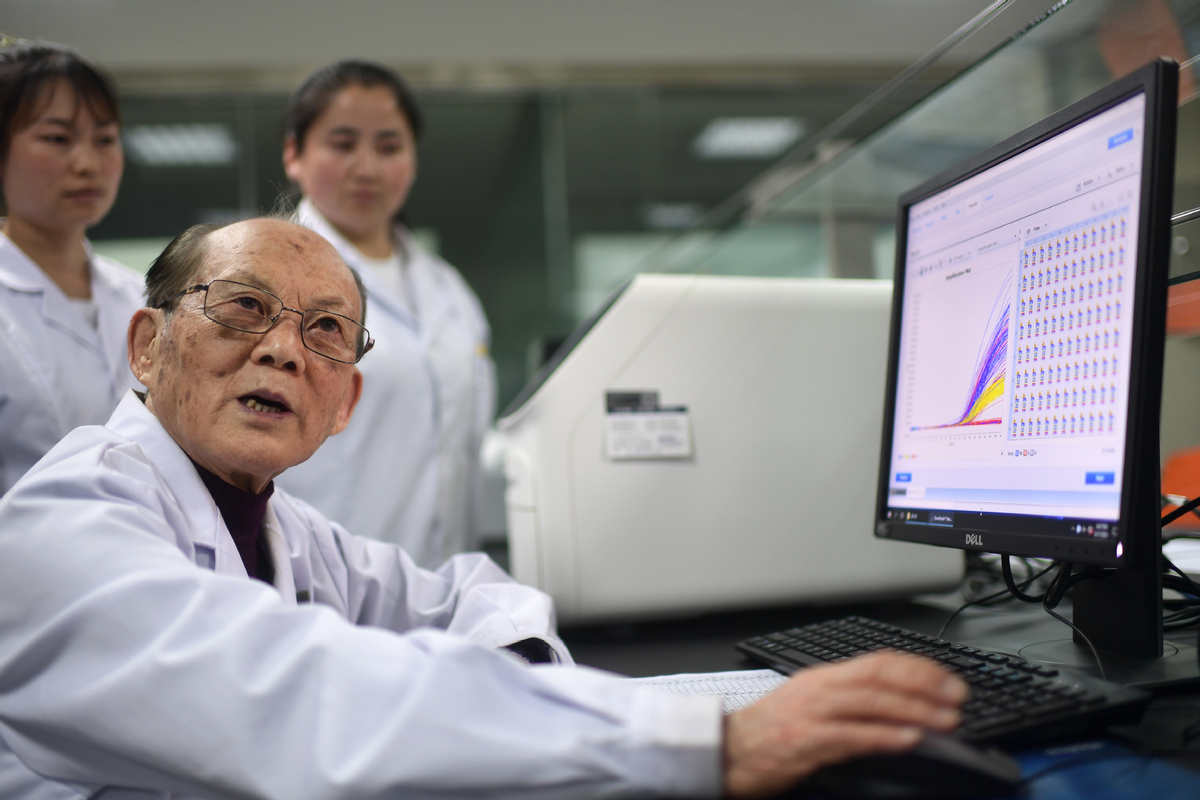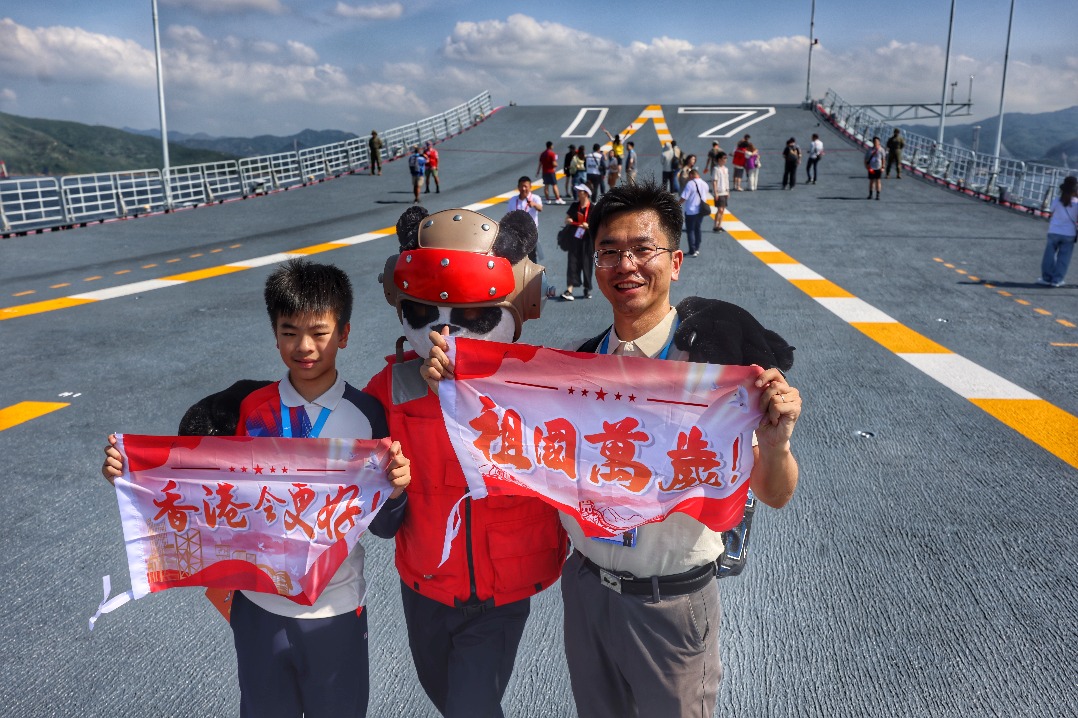Doctor helps people breathe easier at high elevations


When he noticed that altitude sickness was also common among border soldiers and other migrants who came to take part in the region's economic development, he decided to look for a solution.
"To develop the region, you first had to solve the problem of adaptation to the high altitude," he said.
For decades, Wu spent his time observing and surveying the local population. His hard work paid off.
During construction of the Qinghai-Tibet Railway, the world's highest railway, in the early 2000s, Wu and his team devised a protection-and-first-aid protocol that allowed all 140,000 workers to avoid suffering the effects of acute altitude sickness.
Liu Fengyun, deputy director of the central laboratory of the Qinghai Province Cardiovascular and Cerebrovascular Disease Specialist Hospital, said no casualty during the construction was a "miracle".
- Four missing after SW China mudslide
- Guizhou achieves remarkable success in advancing high-quality development, official says
- Global influencers explore Yantai's wine culture
- China records sustained drop in environmental disputes
- Visitors impressed after boarding CNS Shandong on 'open day'
- Intl forum on ecology opens with over 1,000 domestic and foreign guests





































